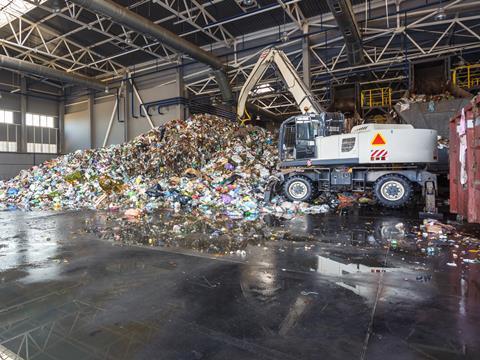
Eastman has entered into an agreement with Procter & Gamble to supply it with materials made from waste plastic that the companies say would otherwise end up in landfills.
P&G will use Eastman Renew materials in select products and packaging. Additionally, the companies plan to collaborate on advocacy initiatives aimed at reducing reliance on virgin plastic and enabling a circular economy for popular FMCG products.
Lee Ellen Drechsler, Procter & Gamble’s senior vice president of R&D, says: "Eliminating waste plastic from our environment is a complex global challenge that requires a comprehensive, collaborative approach across the entire plastics lifecycle. P&G is taking a thoughtful approach to addressing the collection, processing, revitalization, and reuse of materials.
“That's why we selected Eastman's molecular recycling technologies which enable former waste to be transformed into useful products."
Eastman Renew materials are made via Eastman's molecular recycling technologies using waste plastic that, according to the company, would usually end up in landfills.
In addition to packaging innovation, P&G and Eastman plan to collaborate on initiatives addressing the infrastructure needed to increase plastic recycling rates. The companies hope that these efforts will complement current recycling streams and enable additional recycling options for consumers eager to help solve the plastic waste problem.
The two companies plan on working to expand the collection of hard-to-recycle plastics, in a bid to further divert waste from landfills. These expanded recycling streams will then reportedly be used to create new materials via Eastman's molecular recycling technologies.
"Eastman is excited to have Procter & Gamble as a partner to put molecular recycling into practice," said Scott Ballard, Eastman's division president of plastics. "Together, we can create value from waste and show the world what's possible through innovation. The value created will help drive the critical changes in our recycling infrastructure that are necessary to solve the plastic waste crisis."
Eastman is constructing one of the world's largest plastic-to-plastic recycling facilities at its location in Kingsport, Tennesse, with completion expected in 2022. The molecular recycling facility will reportedly consume over 200 million pounds annually of landfill-bound waste plastic in the making of Eastman Renew materials.













